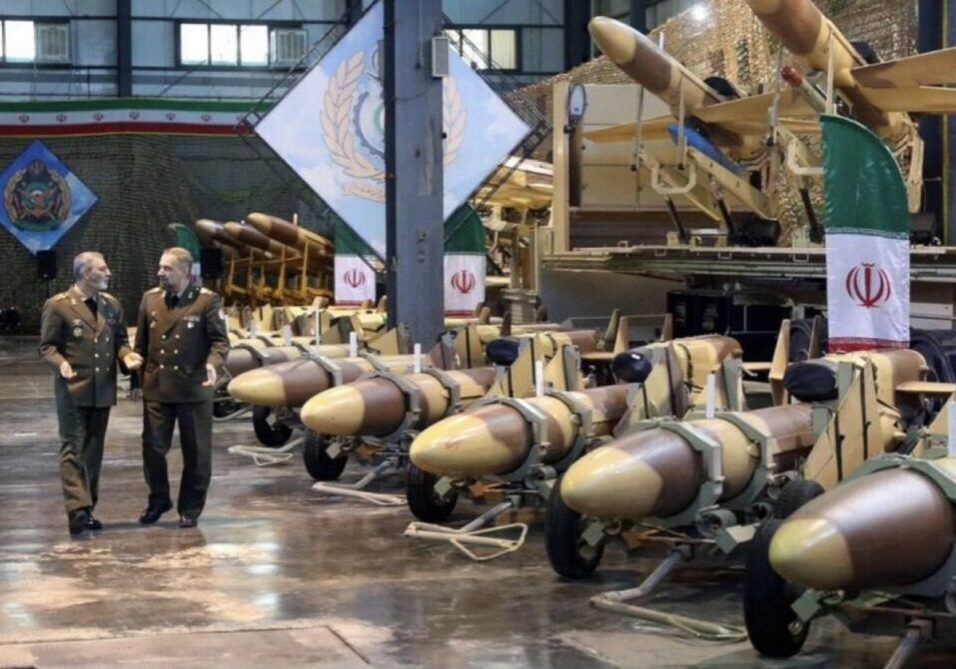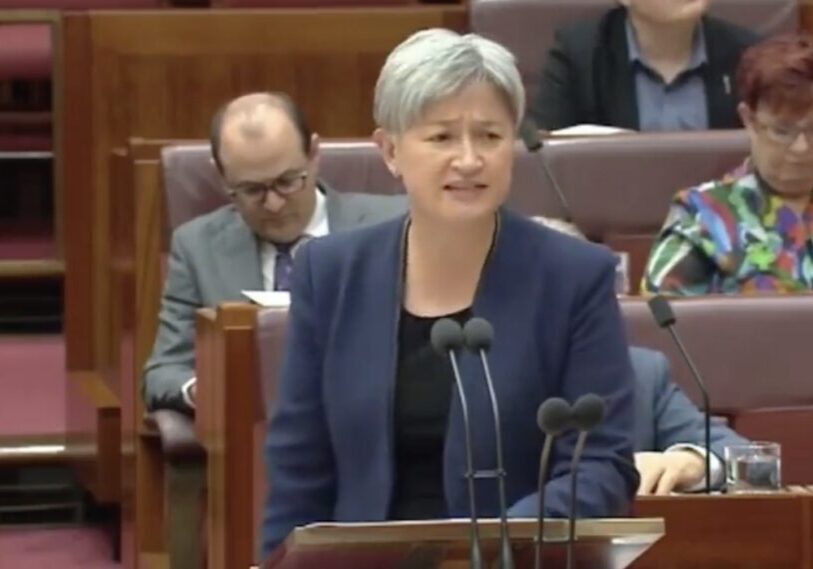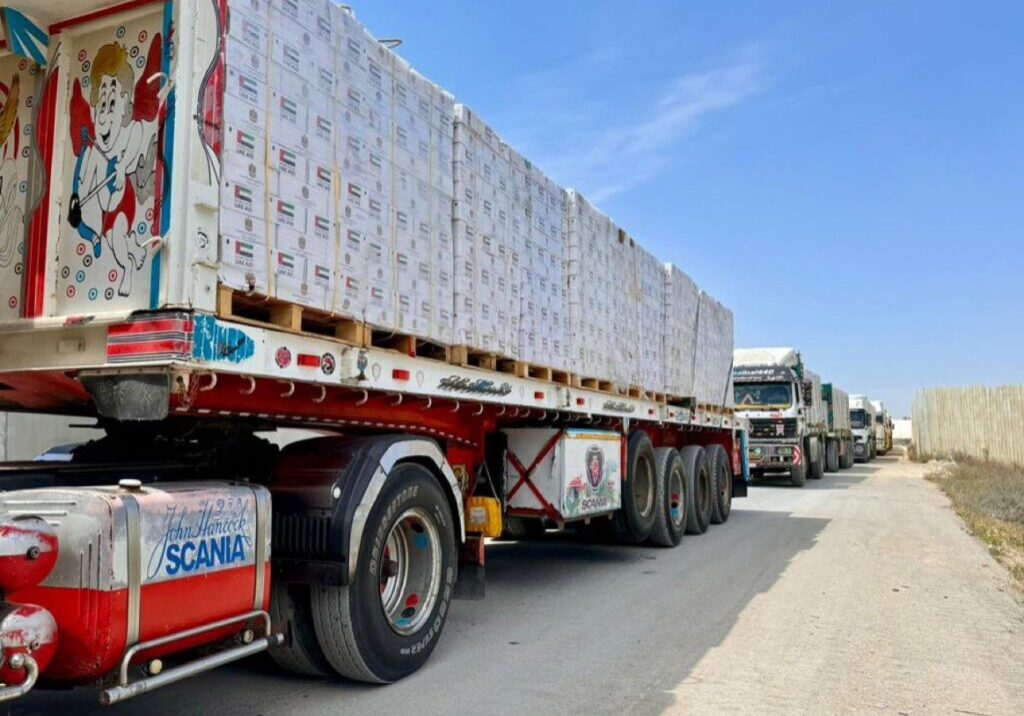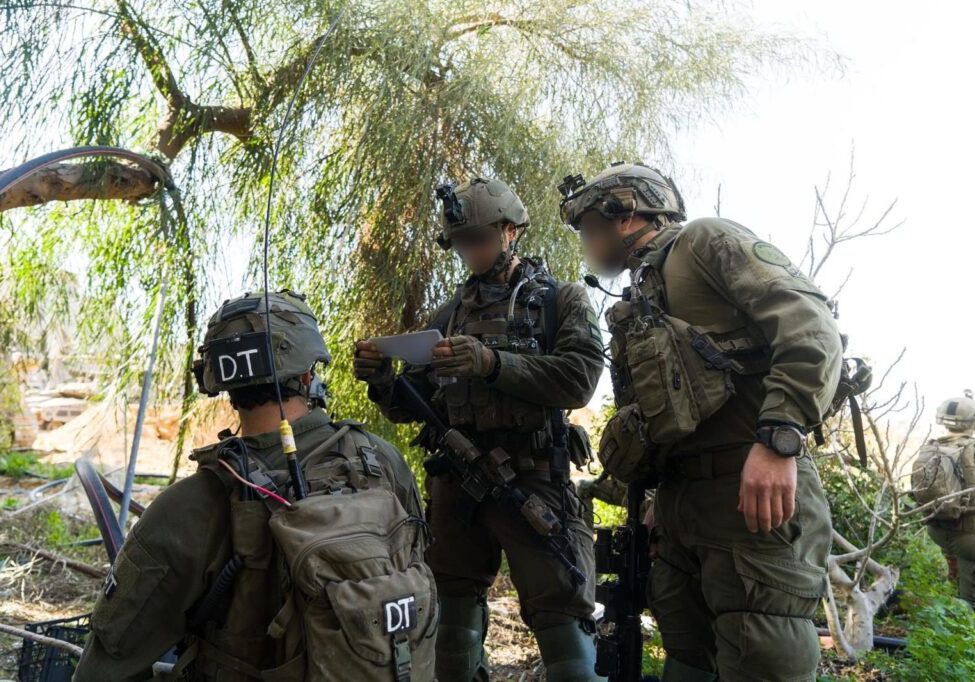Australia/Israel Review
Editorial: The Terrorism Connection
Aug 29, 2017 | Colin Rubenstein
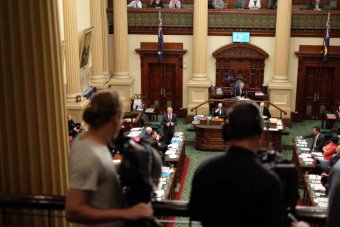
Colin Rubenstein
In June, the South Australian Legislative Assembly passed a one-sided resolution, proposed by Labor MP Tony Piccolo, calling on the Australian Government to recognise the State of Palestine.
The resolution pointed the finger at settlements as being a “major obstacle to peace”, and said not a word about the Palestinian Authority’s refusal to return to negotiations or its continued incitement and delegitimisation of the Jewish State.
Fortunately, cooler heads prevailed when a similar motion was proposed but rejected in South Australia’s Legislative Council in August. That commendable body instead passed a sensible and constructive resolution which actually encourages reconciliation between the parties. Rejecting unilateral recognition, it called for “both sides to resume direct negotiations in good faith” and for the Australian Government to recognise the State of Palestine “once the two sides have successfully negotiated a two-state solution, as required by international law as set out in the Oslo Accords.”
I was in the chamber to witness the vote, in which Andrew McLachlan and other members of the Liberal Party, Cory Bernardi’s Australian Conservatives and John Darley, then of the Nick Xenophon Team but now an independent, were all instrumental in the positive outcome.
Another problematic motion calling for Palestinian recognition passed at the NSW State Labor Conference in July, albeit with an important positive clause inserted saying Labor “supports the recognition and right of Israel and Palestine to exist within secure and recognised borders”.
Premature recognition of a Palestinian state, while asking nothing of the Palestinians, would only discourage PA President Mahmoud Abbas from finally coming to the negotiating table and making, alongside the Israelis, tough but necessary decisions. As noted Israeli strategic analyst Dr. Eran Lerman, who visited Australia in August as a guest of AIJAC, wrote in Adelaide’s Advertiser: “The fantasy that peace can be imposed … is a dangerous delusion. Those who feed it are selling the Palestinian people a dangerous hallucinogenic drug.”
Dr Lerman expanded: “The sheer scope of what is to be decided in any peace deal is staggering: security measures, borders, Jerusalem, responding to the needs of people from both sides – Arabs and Jews – who became refugees due to the conflict, economic co-operation, water, and much more. To presume that any of this can be resolved away from the negotiating table is to undermine any prospects of peace.”
The SA Lower House resolution and the NSW ALP resolution both ignored the vital reality that one part of the Palestinian territories – Gaza – is controlled by a genocidal Islamist terrorist organisation, Hamas. Meanwhile, in the West Bank, the Palestinian Authority has a hugely problematic relationship with violent, militant elements within Palestinian society, is heavily involved in both incitement to violence and lionising past and present terrorists, and controversially incentivises terrorism by paying generous salaries to convicted terrorists and their families.
Most of the politicians who backed these motions would not hesitate in condemning the terror that we are seeing with all too frequent regularity in Europe and elsewhere in recent times – but when the terrorism is directed against Israel, somehow it disappears from the picture.
It is all very well to argue that a two-state solution requires recognised Palestinian statehood – as indeed it does. Failing to recognise that it also involves other measures and understandings to cope with extremism, terrorism, rockets, terror tunnels, rejectionism and incitement, and that it cannot proceed until these are resolved, is to be wilfully blind.
A case in point is the latest terrorist outrage in Spain on Aug. 17, which claimed 15 lives, including a seven-year-old Australian boy – and was followed by additional attacks in Turku, Finland and Surgut, Russia.
These were the product of ISIS, which is seeking to remain relevant through terrorism even as its “caliphate” collapses. Meanwhile Australia only narrowly escaped an ISIS-linked terror plot in Sydney to bring down a passenger plane.
The method of terror used in Barcelona – car ramming – is only too familiar to Israelis, who have endured a spate of such attacks by Palestinian perpetrators over the last two years.
The link was made clear by Shadow Attorney-General Mark Dreyfus, who told ABC-TV on August 20: “Labor will be looking carefully at the advice our security agencies have been given, to determine if there are steps that can be taken to reduce the risk of the horrible events that have been occurring in Europe, and I might add have been occurring in Israel since these kinds of running down of pedestrians [began]. They’ve been occurring in Israel since around October 2015. If there is a way in which the risks of these sorts of events can be reduced, then we should take those steps.”
Having had to deal with terror attacks for its entire existence, Israel is at the forefront of counter-terror technology and strategy.
Australia is not the only country which is looking to Israel for co-operation, both public and private, on security and counter-terrorism. It is now no secret that Israel and many of its immediate Arab neighbours, once existential enemies, are in their own interests now engaging more closely than ever before on security matters – including especially shared threats from Islamist extremist terrorists, both Sunni and Shi’ite.
When Australian lawmakers, state or federal, seek to wade into the complex Israeli-Palestinian issue, any steps they take should reflect our awareness of the frightening reality facing those all too familiar with terror. Lawmakers and activists in Australia who ignore that reality of terrorist threats when they target Israel, and choose to pursue one-sided resolutions against Israel, are out of touch and, contrary to their own belief, against the arc of history.
There are numerous ways to both play a positive role in advancing Israeli-Palestinian peace, and to work together in containing and minimising terror. However, advancing ill-conceived, distorted, one-sided resolutions takes us entirely in the opposite direction.
Tags: Australasia

